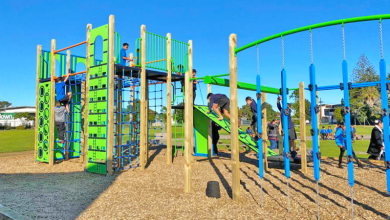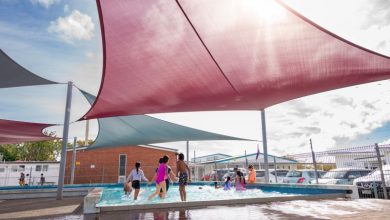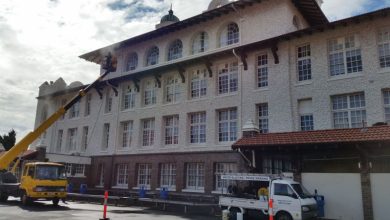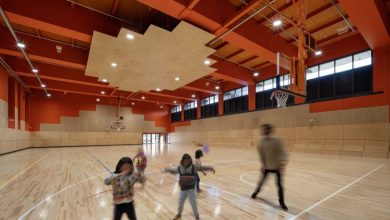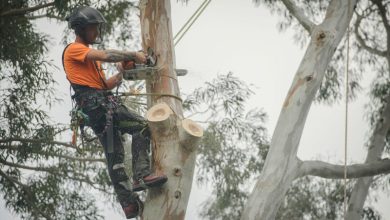The importance of school field maintenance planning
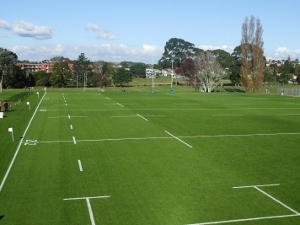
 Maintaining good quality school fields does not happen overnight and that is why it is important that schools not only develop a 12 month maintenance plan but they also have the resources in place to implement their maintenance programme.
Maintaining good quality school fields does not happen overnight and that is why it is important that schools not only develop a 12 month maintenance plan but they also have the resources in place to implement their maintenance programme.
The maintenance plan
When developing your school sports field maintenance plan for the upcoming year a number of factors will need to be considered and taken into account including:
1. Budget
You will need to consider how much budget you have allocated and what your expectations in terms of maintenance levels are.
When setting your budget you will need to consider factors such as:
• grass type
• existing field condition/s
• resources available to you (both people and equipment)
• amount of usage both planned and anticipated for the coming year
• any other factors which could impact on you producing good quality and usable fields
It is important to be realistic when setting your maintenance budget as setting high expectations with a low budget could lead to disappointment especially when it comes time to implement.
2. Maintenance requirement
Be clear on your maintenance requirements i.e. what are your expectations and what is to be covered within your maintenance plan. Will your plan cover the maintenance of the sports fields only or will it include maintenance for the general surrounds, gardens, trees and litter collection? Knowing and being clear on your requirements will assist with identifying the methodology to be used, resources required and budget allocation.
3. Types of grass
There are a number of different grass varieties that are used on sports field surfaces and these different grass types do have an impact on the type of methodology and machinery that may be required to maintain the fields. Some grass types offer lower cost maintenance options while other varieties are more expensive to maintain.
4. Irrigation requirements
The cost for irrigating your sports fields will vary depending on the type of system you have in place for example a basic travelling irrigation system is a cheaper option compared to an in-ground irrigation system.
Maintenance activities
The types of maintenance activities that are normally undertaken on natural sports field surfaces during a 12 month timeframe include the following.
• Mowing – at least weekly and often twice weekly in the high growth times (spring and autumn)
• Weedeating – carried out as required
• Fertilising – regular fertilising will be required throughout the year to keep the surface healthy
• Line-marking – will be undertaken as required prior to the start and during the running of summer and winter sporting codes
• Weed and insect spraying – this will be required throughout the year to ensure the good health of the playing surface
• Cambridge rolling – will be undertaken in the winter months in order to help keep the surface smooth, flat and safe
• Goal post removal – undertaken at the end of the winter sports season
• Cricket wicket maintenance – will be undertaken during the summer months to help keep the wicket in excellent condition
• Annual Renovations – these renovations occur 2 times a year during spring and autumn prior to the start of the winter and summer sporting codes. Types of activities undertaken during renovations include coring, scarifying, verti-draining, sanding, re seeding, under sowing, cricket block preparation and goal mouth renovations
• Turfing – is normally undertaken in spring and is carried out to ensure a good playing surface is maintained especially in high use areas such as around soccer goal mouths
• Irrigation – it is important to undertaken regular checks of the irrigation system to identify any issues and problems
• Drainage – at least twice a year check and clear out drainage as blocked drains can cause damage
Options for undertaking maintenance work
Once the maintenance plan has been developed the next step is to ensure you have the right resources in place both in terms of staff and machinery to implement the work that is required.
Options currently used by schools include;
1. A full time groundsman is employed by the school to undertake all of the maintenance work that is required.
2. A qualified specialist is contracted into the school. The contract could be to undertake just the sports fields maintenance or could be more comprehensive to include full grounds maintenance such as surrounds, passive areas, gardens, litter collection etc in addition to the sports field maintenance.
3. The school has their own groundsman but contracts in specialist assistance to help with such things as cricket wicket maintenance.
There are pros and cons with any of the options listed for example an on-site groundsman knows their fields and can implement closures and restrictions at any time to ensure the fields remain in excellent condition, while a specialist contractor has the ability to pull in specialist and additional resources and equipment that may be required to undertake any maintenance work.
Whatever option you go with you need to ensure it fits with your budget and your schools requirements.
Construction
Sometimes more than annual renovation work is required to keep your school fields in top condition. The reasons for undertaking more major construction work on your fields could be due to a number of factors such as over use, poor drainage or the wrong grass type being used for the current conditions. If more extensive work is required the first step would be to get a feasibility study undertaken to assess and identify requirements. The outcome or recommendation could result in the field being upgraded which could include anything from the installation of drainage and irrigation to developing a new field surface.
Summary
The importance of having a good all year round maintenance plan in place for your schools sports fields cannot be under-estimated as well maintained sports grounds and surrounds does make a significant contribution to the overall image of a School.


